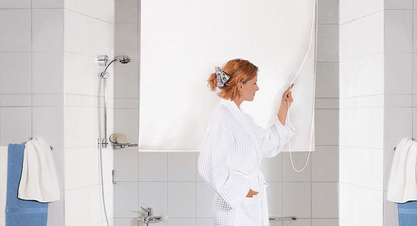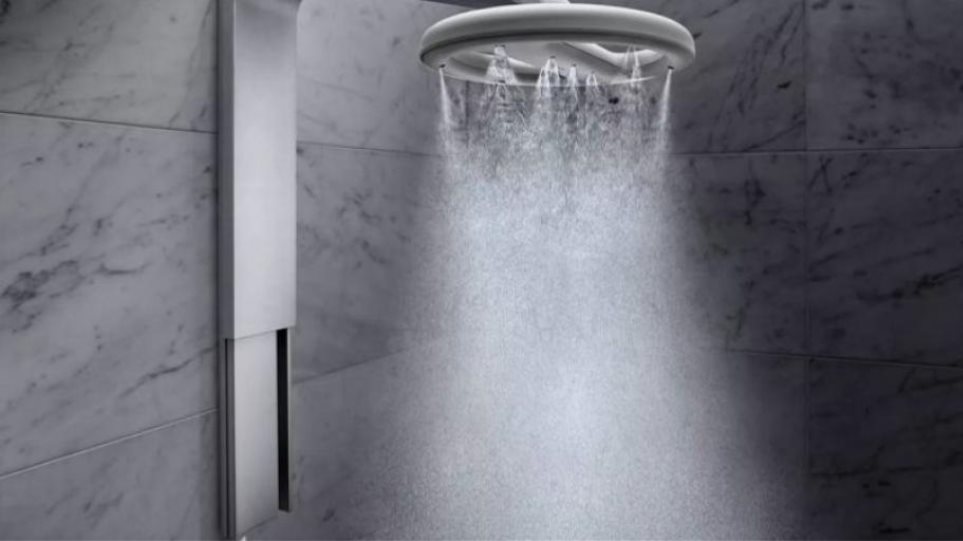Every day when you get in the shower, you likely scrub your body down from head to toe. Of course, it’s key to clean certain crevices on the daily, but some body parts aren’t meant to be cleaned constantly. In fact, by cleaning your ears, you’re likely doing more harm than good. “Using cotton tip applicators to clean the ear canal not only pushes wax closer to the ear drum, but there is a significant risk of causing minor to severe injury to the ear,” Kris Jatana, MD, an otolaryngologist and senior author of a study on the subject, said in a statement.
“The two biggest misconceptions I hear as an otolaryngologist are that the ear canals need to be cleaned in the home setting, and that cotton tip applicators should be used to clean them—both of those are incorrect,” Jatana added. “The ear canals are usually self-cleaning.”
The study, published in The Journal of Pediatrics in 2017, compiled 20 years worth of data from 1990 to 2010 and found that more than 263,000 children under the age of 18 had been admitted to U.S. hospitals for ear injuries as a result of using cotton swabs. Of those hundreds of thousands of injuries, ear cleaning was the most frequently documented cause (73 percent of recorded injuries).
Where to get a free Covid-19 test (list of clinics and medical centres)
According to Jatana and his team of researchers, the first time medical concerns were brought up about cotton swabs was in 1972—nearly 50 years after they were first created. This study from the ’70s indicated that there were reports of tympanic membrane perforation (TMP), otitis externa, and cerumen impaction after using cotton swabs. And this created a spur of health officials advising against the use of cotton swabs in the ear canal and manufactures creating warning labels on their products.
Read more: Best life online





































